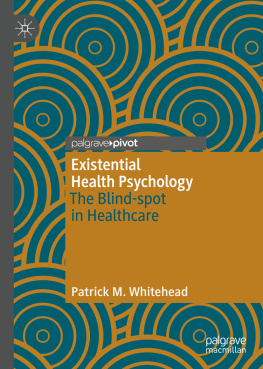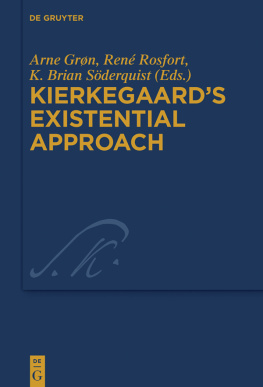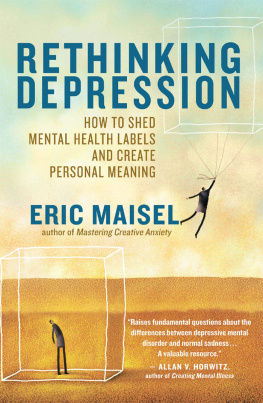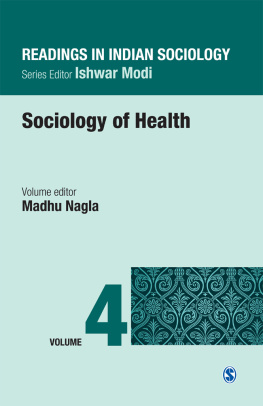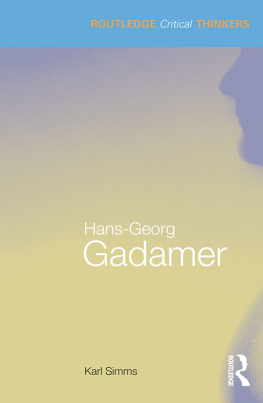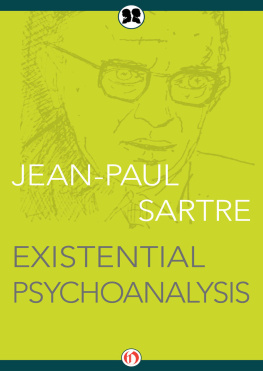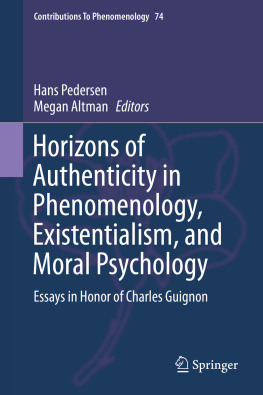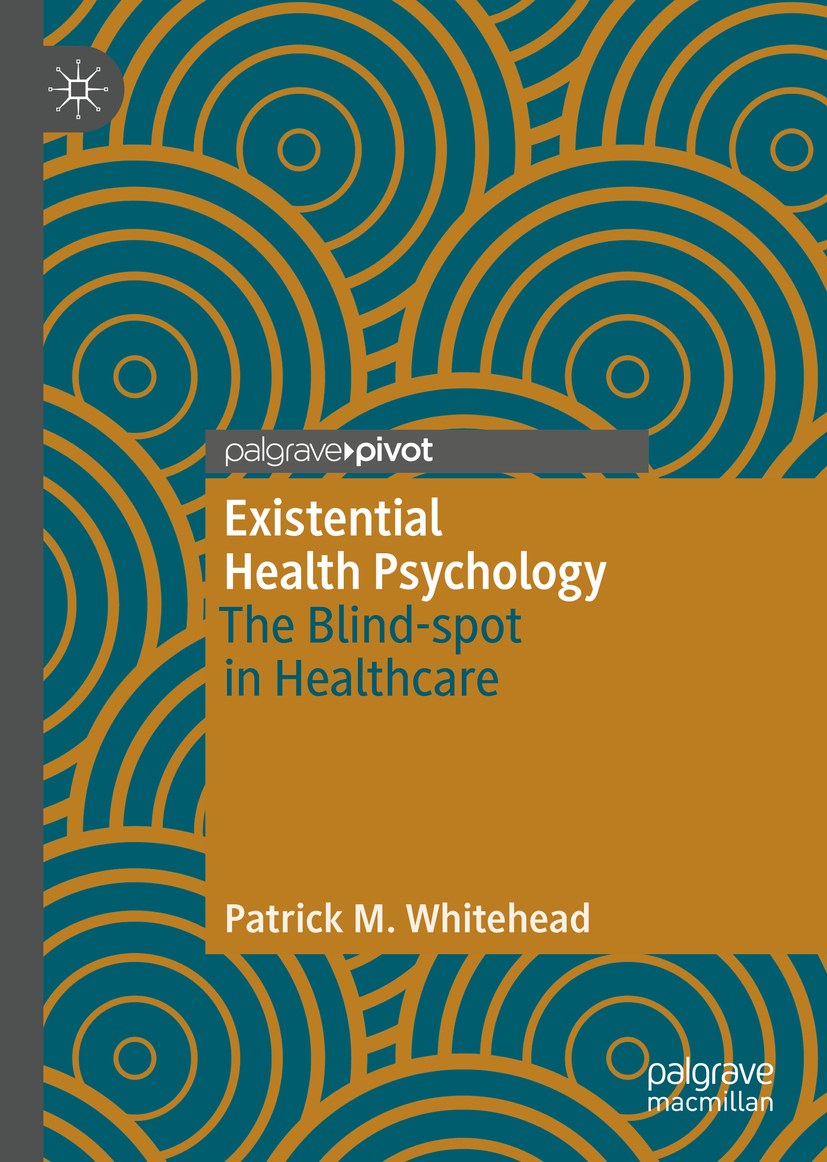Patrick M. Whitehead
Sociology and Psychology, Albany State University, Albany, GA, USA
ISBN 978-3-030-21354-1 e-ISBN 978-3-030-21355-8
https://doi.org/10.1007/978-3-030-21355-8
The Editor(s) (if applicable) and The Author(s), under exclusive licence to Springer Nature Switzerland AG 2019
This work is subject to copyright. All rights are solely and exclusively licensed by the Publisher, whether the whole or part of the material is concerned, specifically the rights of translation, reprinting, reuse of illustrations, recitation, broadcasting, reproduction on microfilms or in any other physical way, and transmission or information storage and retrieval, electronic adaptation, computer software, or by similar or dissimilar methodology now known or hereafter developed.
The use of general descriptive names, registered names, trademarks, service marks, etc. in this publication does not imply, even in the absence of a specific statement, that such names are exempt from the relevant protective laws and regulations and therefore free for general use.
The publisher, the authors and the editors are safe to assume that the advice and information in this book are believed to be true and accurate at the date of publication. Neither the publisher nor the authors or the editors give a warranty, express or implied, with respect to the material contained herein or for any errors or omissions that may have been made. The publisher remains neutral with regard to jurisdictional claims in published maps and institutional affiliations.
Cover illustration: Pattern John Rawsterne/patternhead.com
This Palgrave Pivot imprint is published by the registered company Springer Nature Switzerland AG
The registered company address is: Gewerbestrasse 11, 6330 Cham, Switzerland
Foreword
It is now fashionable to hear of one existential crisis or another. Seemingly out of nowhere the word existential is now regularly heard from the mouths of news entertainers, pundits, and politicians. One asserted that the planet has an expiration date of 2030, and with no edible food, no potable water, and no breathable air, soon after will follow the end of the existence of that most endangered subspecies of living things: Homo sapiens sapiens. We will no longer exist. Much like the aftermath of a nuclear holocaust, only cockroaches will remain.
My ears perk up, not because of the doomsday predictions, but because of the surprising resurrection of that word, which I thought had permanently disappeared with the post-World War II era I grew up in, along with avid readers of Walter Kaufmanns mlange of essays and excerpts from philosophy and literature Existentialism from Dostoevsky to Sartre and quirky plays such as Waiting for Godot or J.D. Salingers The Catcher in the Rye , which captured the existential crisis of growing up better even than the ego psychobiographies of the ego psychologist Erik Erikson.
Beginning in the late 1940s, existentialism was a quasi-surrealist bit of Euroamerican intellectual exotica that remained in currency through the end of the 1960s. There had been several decades of talk about meaning and ultimate concerns as the planet recovered from World War II. People were enjoined to think, not just know and believe, and consider whether you ought to trust your perceptions over what you had learned. These were issues where psychology and philosophical considerations overlapped.
To speak of an existential threat to all human beings makes no sense, however. The existential pertains to the individual, not groups, let alone a subspecies or mineral item in the solar system. It refers to the situation of the singular, unique individual human being in a way that has nothing to do with what he ishis identity, self, ego, or personality. It is about existing, not being .
I suppose I am among the very few who actually welcome the return of the word existential after more than a half century, if only to question its usage. Its reappearance signals the uneasy consciousness of a sensibility that first produced the phenomenon of existentialism , when mankind was truly congealing globally and not just in the West and to where its influence had stretched. Every word bears a deeper history than people may be aware of, a point that the progenitor of existentialism had made beginning with his look at the vocabulary of early Greek thinking.
The word existence has disappeared from all but a few college psychology classrooms except mine. Even by 1972, when I taught my first undergraduate classes, while I continued to refer to Sartre, Maurice Merleau-Ponty, Jan van den Berg, Mdard Boss , and Heidegger , my colleagues often ridiculed me. Students, however, were fascinated with what they heard and so I knew something was right. The way to understand us human beings , my colleagues insisted, was to examine the tissues of our brains and analyze the compounds they are soaked in and that circulate through our blood stream. If they were clinical psychologists, following on the ever more strident DSM trends in psychiatry after 1955 and the hegemony of the post-psychoanalytic world of behaviorism, they insisted students should focus exclusively on the observable behavior of specimens of creatures, from mice and rats, to college freshmen. In many places, the beginning psychologist studies hermit crabs to understand the principles of psychology. What is there, after all, except observable behavior?
The rules about what can be said about what is are broken, however, in the case of the being who raises the question about being : namely, the human being . Other beings do not raise the question or they do not need to: rocks, plants, birds, God. But we doeach of usand that puts human beings in a unique, albeit highly problematic situation. To put as bluntly as possible: We never are somethingwe exist. Only when she dies can we say this existence , this who , is finally something, a what. Rocks, plants, birds, and God do not have to learn to be mineral, floral, avian, or divine. Humanity, however, is not there initially. It is conferred by another human being by way of an unfathomable alchemy and continues to be worked out through a lifetime: ever beginning, never finished. Its possibilities are inexhaustible no matter how constrained and limited the human beings environment may beuntil the moment of death. Of course, these ideas were not new, but for the existentialists in the aftermath of the second great war they were vivid. And now, nearly a quarter of the way into the new century, we are again hearing of the existential. Whats up?
Part of the initial disdain for existentialism followed the disregard of experience, which like consciousness was a notion as dead as William James, who had foregrounded the latter. Experience disappeared from the titles of introductory textbooks on psychology. Inner world and outer world were a black box and the environment, respectively, and since the lights never go on in the box, presumably we are left with what is out there for everyone to seeand only thatif we want to understand each other. But to understand just what, again? What about this being? The behaving organism was termed

